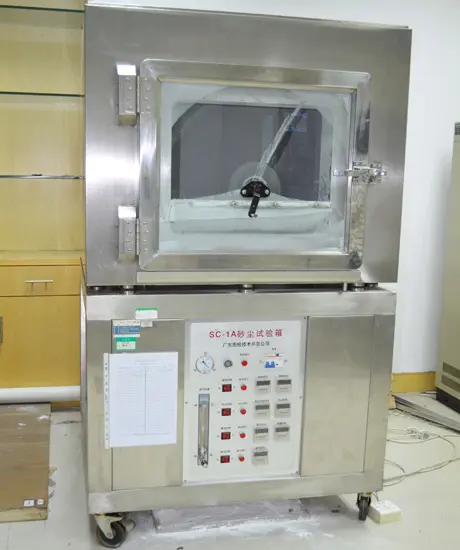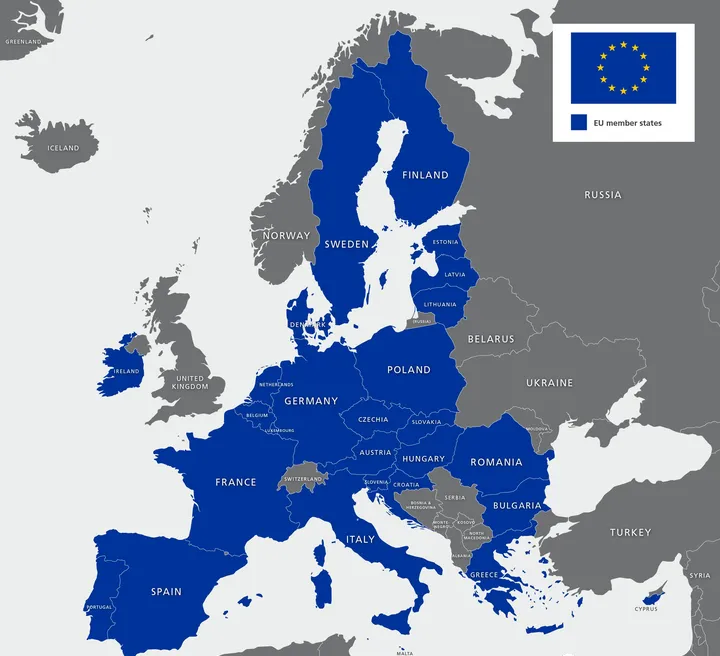
What is the NTC Certification in the Philippines?
Like most countries, the Philippines requires certification for radio and telecommunication equipment before it can be circulated in the market. Here is an overview of the wireless certification in the Philippines—NTC Certification:
01. What is NTC Certification?
Under the Philippine Radio Control Law, wireless products must be authorized by the Department of Information and Communications Technology (DICT) before they can be legally used and sold in the Philippines. This authorization is implemented by the National Telecommunications Commission (NTC), a subordinate agency of the DICT. Only certified wireless products can be sold within the country.
02. Product Types
NTC divides radio and telecommunication equipment into three categories: CPE, RCE, and GEC. Each category corresponds to different product ranges and types of certification:
- Product Category: Radio Communications Equipment (RCE)
Certification Type: Type Acceptance Certificate
Specification: Applicable to low-power/short-range wireless equipment such as WLAN, Bluetooth, NFC, and RFID.
Examples: Bluetooth headsets, wireless mice, etc.
- Product Category: Consumer Premises Equipment (CPE)
Certification Type: Type Approval Certificate
Specification: Wireless communication devices like GSM, CDMA, LTE, 3G/4G, and high-power devices.
Examples: Desktop computers, fax machines, etc.
- Product Category: Equipment integrated with wireless radio (GEC)
Certification Type: Grant of Equipment Conformity
Specification: Devices combining RCE and CPE functions, such as mobile phones with WLAN/Bluetooth.
Examples: Tablets, mobile phones, wireless printers, etc.
03. Required Documents for Certification
1. Application form (downloadable from the official website)
2. Authorization letter signed by the manufacturer
3. Product manual (with product images)
4. Product test reports (issued by ISO/IEC 17025 accredited laboratories. Accepted standards include CE, FCC, IC, and C-tick. Some products may require local testing in the Philippines. Accredited Chinese labs include JJR Labs.)
a. RF Test Report: 2G, 3G, LTE, WLAN, RFID, Bluetooth, etc.
b. RF-EMC Test Report
c. EMC Test Report
d. Safety Report (CE-LVD reports accepted for SRD products)
e. SAR Report (for mobile phones and WWAN tablets)
04. Certification Process
1. Determine product category and certification type based on its function.
2. Prepare certification materials, including test reports.
3. Submit materials to NTC via a manufacturer-authorized applicant in the Philippines.
4. NTC reviews and verifies the authenticity of the reports.
5. Once the materials are complete, the product will be publicly announced, and a compliance certificate will be issued. This means the product meets Philippine regulations and standards and can be sold in the market.
6. Label Application: After receiving the compliance certificate, apply for the appropriate label from NTC, which must include symbols, batch codes, and metal identifiers.
7. Label Issuance: Upon approval, the labels will be issued. All products sold in the Philippines must have these labels.
05. Certificate Categories
Depending on the product type, the certificate will have different specifications and codes:
1. General Equipment Conformity (GEC) for devices with integrated wireless radio (WLAN + WWAN).
Certificate code: ESD-GEC-xxxxxx
2. Radio Communications Equipment (RCE) for devices with WiFi, Bluetooth, NFC, and SRD products.
Certificate code: ESD-RCE-xxxxxx
3. Consumer Premises Equipment (CPE) for devices using GSM, CDMA, LTE, and PSTN (wired products).
Certificate code: ESD-CPE-xxxxxx
06. Certification Timeline
The application process for NTC certification typically takes 3-4 weeks. The approval timeline depends on the product category and can range from a few months to a few years. Once registered, the product can be legally sold in the Philippine market without the need for certification renewal.
NTC certification is essential for radio and telecommunications equipment entering the Philippine market. If you're planning to enter the market and sell related products, ensure to prepare in advance to avoid delays in business rollout.
Email:hello@jjrlab.com
Write your message here and send it to us
 Laser Product Qualification Consultants
Laser Product Qualification Consultants
 UL 268 Smoke Detector
UL 268 Smoke Detector
 How to Get Approved to Sell Toys on Amazon
How to Get Approved to Sell Toys on Amazon
 Element EMC Testing
Element EMC Testing
 Authorized Representative EU
Authorized Representative EU
 EU Representative Service
EU Representative Service
 ASTM F2413 Shoes Certification Testing
ASTM F2413 Shoes Certification Testing
 UL Listed Smoke and CO Detectors
UL Listed Smoke and CO Detectors
Leave us a message
24-hour online customer service at any time to respond, so that you worry!




